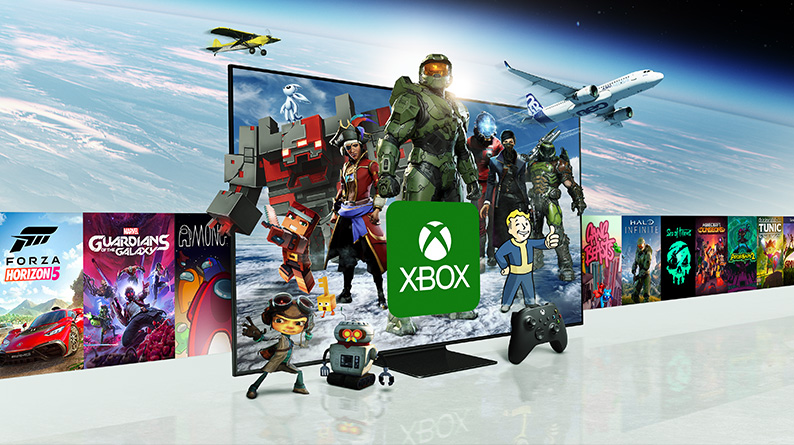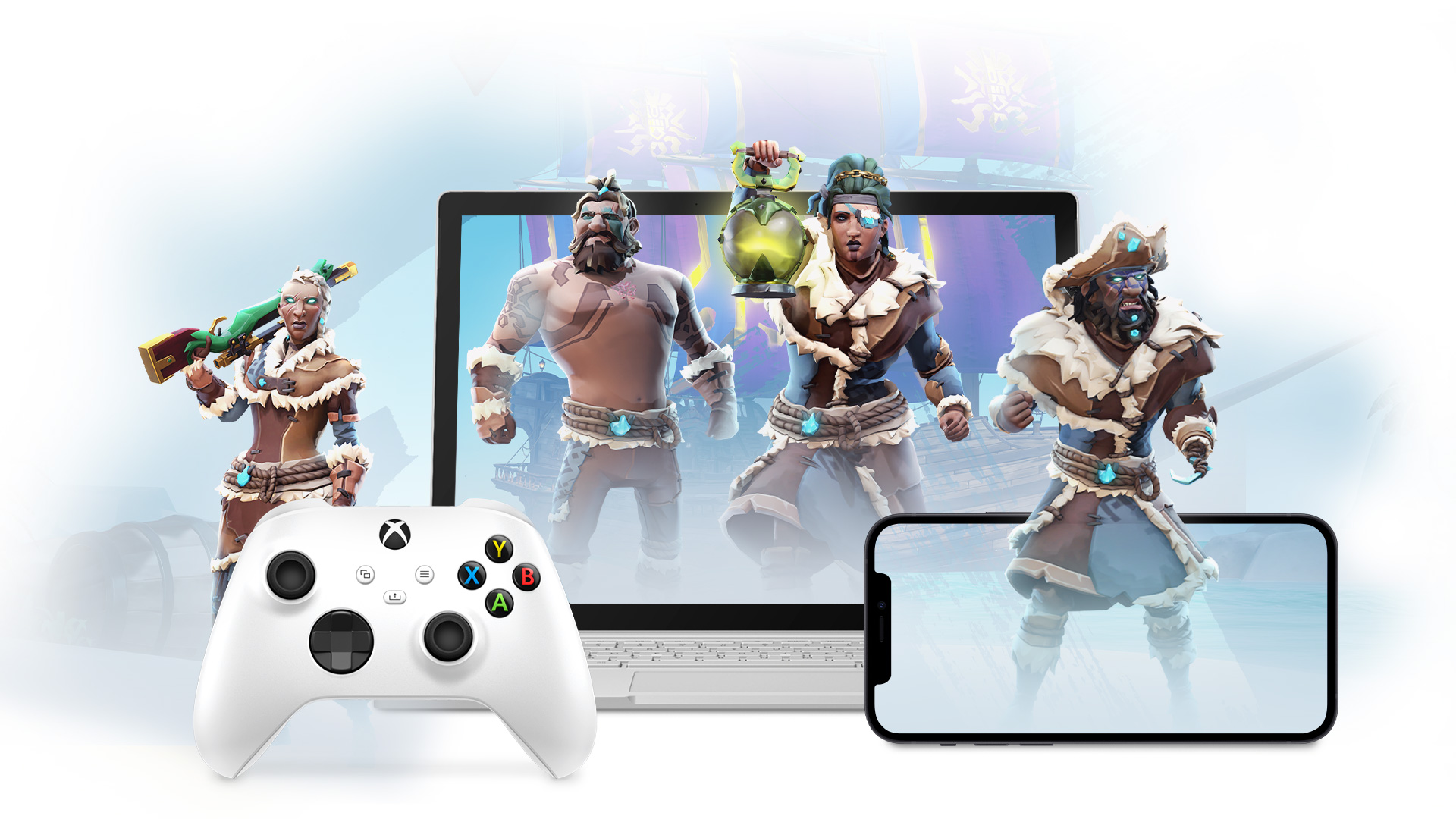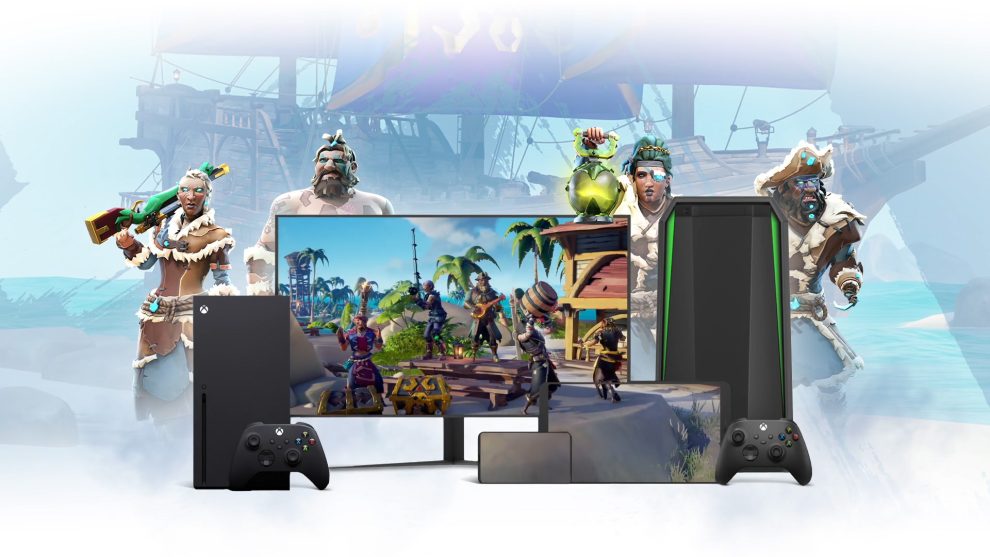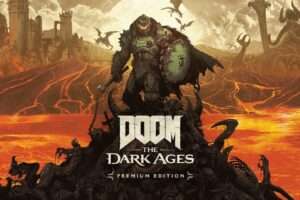Microsoft is reportedly poised to unveil a groundbreaking expansion of its Xbox Cloud Gaming service. According to industry insiders, the tech giant is set to allow players to stream games they already own through the cloud platform as early as next month. This move, if confirmed, would mark a significant evolution in Microsoft’s gaming strategy and could potentially accelerate the adoption of cloud gaming across the industry.
The gaming world has been abuzz with speculation since rumors of this development first surfaced. Microsoft’s decision to enable players to stream their owned games via Xbox Cloud Gaming represents a major step forward in the company’s vision for the future of interactive entertainment.
John Anderson, a senior gaming analyst at Tech Futures, provides context for the significance of this move: “What Microsoft is proposing here is nothing short of revolutionary. By allowing players to stream games they already own, they’re essentially removing one of the biggest barriers to cloud gaming adoption – the need to repurchase content you already have in your library.
Understanding Xbox Cloud Gaming
Before delving into the implications of this new development, it’s crucial to understand what Xbox Cloud Gaming is and how it has evolved.
Launched in September 2020 (initially as Project xCloud), Xbox Cloud Gaming is Microsoft’s cloud-based game streaming service. It allows players to stream Xbox games to a variety of devices, including smartphones, tablets, and web browsers, without the need for a dedicated gaming console or high-end PC.
Key features of Xbox Cloud Gaming include:
1. Access to a library of over 100 games with an Xbox Game Pass Ultimate subscription
2. The ability to play on multiple devices, picking up where you left off
3. No need for game downloads or installations
4. Continuous updates and patches managed by Microsoft
Dr. Lisa Chen, a cloud computing expert, explains the technology behind the service: “Xbox Cloud Gaming uses powerful servers in Microsoft’s data centers to run the games. The video feed of the gameplay is then streamed to the player’s device, while the player’s inputs are sent back to the server. This allows even devices with limited processing power to run high-end games smoothly.

The Game-Changing Announcement
According to the recent report, Microsoft is preparing to take Xbox Cloud Gaming to the next level by allowing players to stream games they already own, even if those games aren’t part of the Xbox Game Pass library.
Key points of the reported announcement include:
1. Players will be able to stream games they’ve purchased digitally through the Xbox Store
2. The feature is expected to roll out as early as next month
3. Initially, the service will be available to a select group of players, likely as part of a testing phase
4. The full rollout is expected to happen later this year
While Microsoft has not officially confirmed these details, the move aligns with the company’s stated goal of making games more accessible to a wider audience.
Implications for Gamers
The ability to stream owned games through Xbox Cloud Gaming could have far-reaching implications for how people play and consume video games:
1. Increased Flexibility and Accessibility
Players would no longer be tethered to their consoles or gaming PCs to access their entire game library. Sarah Thompson, a lifelong gamer and working mother, shares her excitement: “As someone who travels frequently for work, the idea that I could play my entire Xbox library on my tablet or phone is incredibly appealing. It would completely change how and when I game.”
2. Reduced Storage Concerns
With games becoming increasingly large – some modern titles exceeding 100GB – storage management has become a significant issue for many gamers. Cloud streaming could alleviate this problem by allowing players to access their games without taking up precious hard drive space.
3. Instant Access to Games
Eliminating the need for downloads and installations means players can jump into their games instantly, regardless of the game’s size.
4. Potential for Cross-Platform Play
This move could pave the way for easier cross-platform gaming experiences, allowing Xbox game owners to potentially play their titles on non-Microsoft devices.
Impact on the Gaming Industry
Microsoft’s reported decision could have significant ripple effects throughout the gaming industry:
1. Pressure on Competitors
This move is likely to put pressure on other major players in the gaming industry, particularly Sony and Nintendo, to expand their cloud gaming offerings.
Mark Williams, an industry analyst, notes: “If Microsoft successfully implements this feature, it could give them a significant edge in the console wars. Sony and Nintendo will need to respond, potentially by expanding their own cloud gaming services.”
2. Changing Business Models
The expansion of cloud gaming could accelerate the shift towards subscription-based gaming models and potentially impact traditional game sales.
3. Infrastructure Investment
As cloud gaming becomes more prevalent, there may be increased investment in internet infrastructure to support the high-bandwidth requirements of game streaming.
4. Game Development Practices
Developers may need to adjust their practices to optimize games for both local and cloud-based play, potentially leading to new design paradigms.
Technical Challenges and Considerations
While the prospect of streaming owned games is exciting, it comes with its share of technical challenges:
1. Internet Requirements
Cloud gaming demands a stable, high-speed internet connection. Dr. Robert Chang, a network infrastructure specialist, explains: “For a smooth gaming experience, players will need not just high download speeds, but also low latency and minimal packet loss. This could be a significant hurdle in areas with less developed internet infrastructure.”
2. Server Capacity
Microsoft will need to ensure they have sufficient server capacity to handle the potential influx of players streaming their owned games.
3. Game Compatibility
Not all games may be immediately compatible with cloud streaming. Microsoft will need to work on ensuring a wide range of titles, especially older games, can function properly in a cloud environment.
4. Digital Rights Management
Ensuring that only legitimate game owners can stream their titles will require robust digital rights management systems.

The Future of Gaming: Cloud-Based or Hybrid?
Microsoft’s move to allow streaming of owned games raises questions about the future direction of the gaming industry. Will we see a complete shift to cloud-based gaming, or will a hybrid model prevail?
Dr. Elena Rodriguez, a futurist specializing in digital entertainment, offers her perspective: “While cloud gaming offers numerous advantages, I don’t see it completely replacing traditional gaming in the near future. What’s more likely is a hybrid model where players have the flexibility to choose between local and cloud-based play depending on their situation and preferences.”
Potential future developments could include:
1. Seamless switching between local and cloud play
2. Cloud-enhanced local gaming, where certain processes are offloaded to the cloud
3. Cloud-exclusive games that take advantage of the massive processing power available in data centers
Challenges and Concerns
Despite the potential benefits, the expansion of cloud gaming raises several concerns:
1. Game Preservation
As games become increasingly reliant on cloud infrastructure, there are concerns about long-term game preservation. Alex Johnson, a digital archivist, warns: “If games are primarily accessed through the cloud, what happens when servers are eventually shut down? We need to consider how to preserve these games for future generations.
2. Internet Inequality
The reliance on high-speed internet for cloud gaming could exacerbate digital divides, potentially leaving players in rural or underserved areas unable to fully participate.
3. Data Privacy and Security
With more gaming activity happening in the cloud, there are increased concerns about data privacy and security. Players will need assurances that their personal information and gaming habits are protected.
4. Ownership and Control
The shift towards cloud gaming raises questions about game ownership and control. Will players truly “own” their digital games if they can only access them through a cloud service?
Industry Reactions and Speculations
As news of Microsoft’s reported plans spreads, industry figures and competitors are weighing in:
Sony, Microsoft’s chief rival in the console space, has remained tight-lipped, but industry insiders suggest they may be accelerating plans to expand their own PlayStation Now service in response.
Phil Spencer, head of Xbox, while not confirming the specific plans, has reiterated Microsoft’s commitment to making games more accessible: “Our vision has always been to bring gaming to more people, on more devices. Cloud technology is a key part of realizing that vision.”
Indie developers are cautiously optimistic about the potential of expanded cloud gaming. Sarah Lee, an independent game developer, shares her thoughts: “If this move brings more players to the platform and makes games more accessible, it could be a huge opportunity for indie devs to reach a wider audience.
What to Expect
As we await official confirmation and details from Microsoft, here’s what players and industry watchers should keep an eye on:
1. Official Announcement: Microsoft is likely to make a formal announcement soon, possibly at an upcoming gaming event or in a dedicated presentation.
2. Testing Phase: The initial rollout to select players will provide valuable insights into how the service performs in real-world conditions.
3. Game Compatibility List: Microsoft will likely provide information on which games will be compatible with the streaming service at launch.
4. Infrastructure Upgrades: Watch for news of Microsoft investing in expanding its server infrastructure to support the new service.
5. Competitor Responses: Keep an eye on how other major players in the gaming industry respond to Microsoft’s move.
Microsoft’s reported decision to allow players to stream their owned games through Xbox Cloud Gaming represents a potential watershed moment in the evolution of video games. By bridging the gap between traditional game ownership and the flexibility of cloud streaming, Microsoft is not just expanding its service – it’s reimagining the very nature of game libraries and how players interact with their games.
While challenges remain, from technical hurdles to concerns about game preservation and ownership, the potential benefits of this move are immense. It promises a future where gamers have unprecedented flexibility in how and where they play, potentially opening up gaming to new audiences and use cases we haven’t yet imagined.
As we stand on the brink of this new era in gaming, one thing is clear: the lines between local and cloud gaming are blurring, and the way we think about “owning” and playing games may never be the same. Whether this represents the first step towards a cloud-dominated future or the emergence of a new hybrid model of gaming remains to be seen. But one thing is certain – the game is changing, and Microsoft is making a bold play to shape its future.
















Add Comment